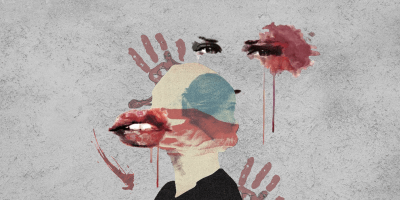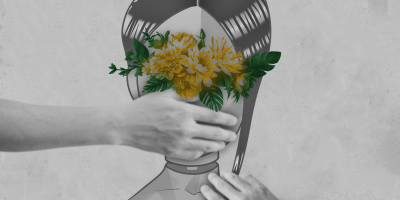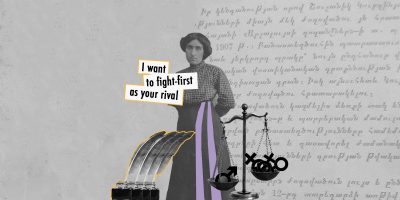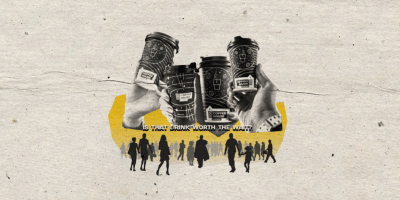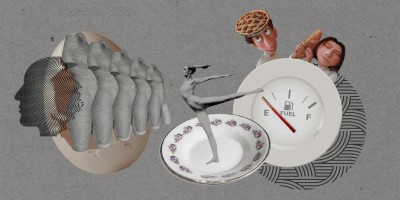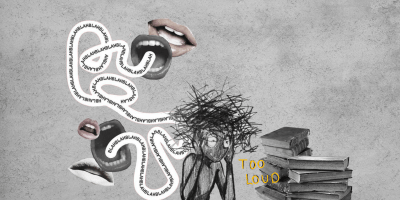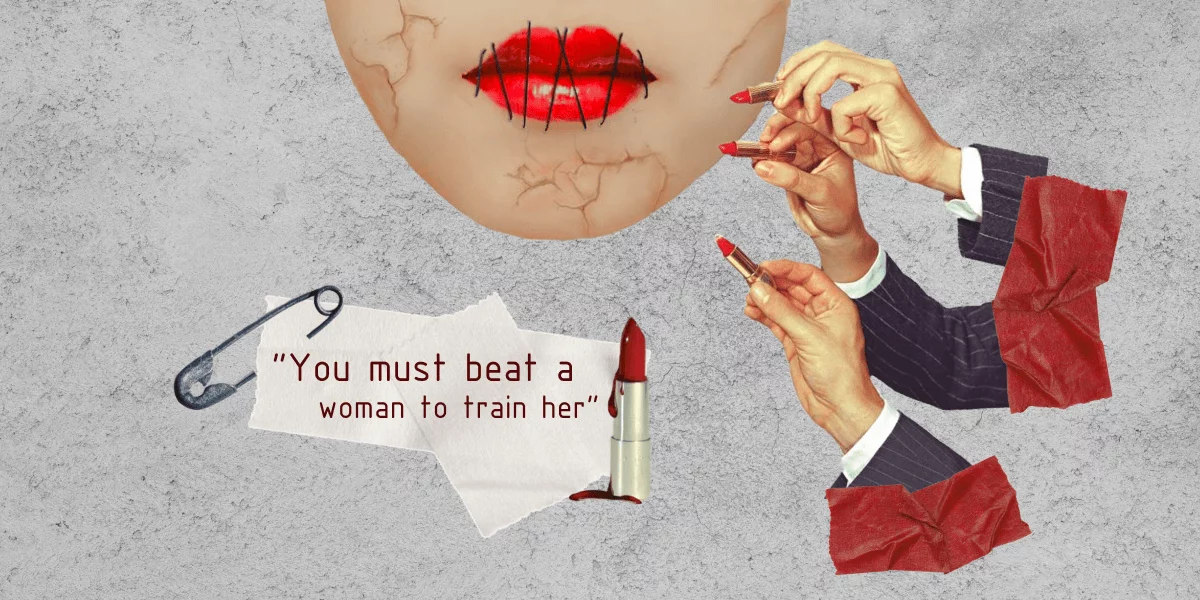
What is it that comes to mind when thinking about Armenian culture? Those could be the strong family bonds and connections between the close-knit community that promote the consistent model of the patriarchal household. Armenians have a traditional construct that is considered to be an inseparable part of their cultural heritage. But are these tightly-bonded families seen as pillars supporting the preservation of Armenian traditions entirely beneficial in their function?
In reality, that eagerly and dearly preserved family institution is disseminating and reinforcing conservative values, giving rise to one of the most pressing social issues Armenia faces today — domestic violence.
Despite the emphasis on family values and love towards children in Western Asian cultures, there is still a high incidence of domestic violence in these societies.
According to a survey conducted by the Organization for Security and Co-operation in Europe Center, 59.6% of women surveyed in these nations reported experiencing domestic violence. In Armenia, a study led by the National Statistical Service and the Ministry of Health found that 7 out of 10 children surveyed had also experienced domestic violence.
Although the roots and the contributing factors for both violence against women and children in Armenia are the same, focusing on the violence toward women will provide more insight into the topic of what can be improved both on the legal and social levels in our country to decrease the intensity of the issue.
It’s also important to note that violence towards men is also occurring in Armenian society. However, those cases are documented in lesser amounts and usually performed by the victims’ parents, brothers or offspring.
One of the most evident problems preconditioning the dissemination of domestic violence toward women in Armenia is the patriarchal structure of the society and the normalization of male-initiated abuse in relationships with women.
The advocacy of violent behavior from men’s side is deeply enrooted in the Armenian culture getting manifested in the form of old sayings, such as, “You must beat a woman to train her,” and “A woman is like wool, the more you beat her, the softer she becomes.”
A range of literary works and other kinds of media emphasizes the importance of women’s submissiveness and obedience in relationships with men and even in Armenian traditions, some of which are actively performed in the rural areas of our country these days.
An individual with whom I am acquainted has reportedly been a victim of domestic violence. She was a young woman working as a shop assistant in the village of Zovuni.
I met her when I was visiting my summer house there. I remember her trying to calm down her little children, who were restlessly pulling her apron and continuing our small talk about her family history, mentioning that she didn’t know her husband before and got married because her husband had kidnapped her. She didn’t consent to the marriage, nor was she willing to be a part of one, but the strength of this tradition’s influence in the village made her obey not to get socially excluded and pressured in her community.
The example with the woman illustrates many cases of domestic violence in Armenia. It also shows how stigmatization and victim blaming in our society have an auxiliary effect for these cases to remain unpunished.
According to the answers of the OSCE’s survey respondents, the main reason for underreporting abuse cases, besides that the victims were afraid to subject their abusers to criminal liability, was being embarrassed by the incident and its publicity.
Another major problem contributing to domestic violence in Armenia is the lack of awareness about the issue and people’s rights. As becoming a victim of abuse and publicizing these cases is perceived as shameful, discussing stories connected to domestic violence is highly taboo in the Armenian community, which leads to few sources of information on that topic and a shortage of public discourse around it. That is why Armenian women are not adequately informed about the topic, safety measures and their rights as victims.
Among the range of problems currently under the government’s responsibility, according to OSCE, are the absence of public shelters and hotline services for the victims of domestic violence, the shortage of public campaigns targeted at raising awareness about domestic violence issues in Armenia, the absence of any kind of financing for NGO’s supporting victims of domestic violence, and as reported by a source no initiation to conduct official surveys to gather statistics about cases of domestic violence in the Armenian language.
And although those same NGOs have taken on the tasks of running the services supporting women that suffered from abuse and gathering data on the frequency of the cases and the government doesn’t showcase any interest in allocating a budget for their activity, the biggest problem associated with the legal solution of the domestic violence issue is that the latter is not criminalized in the Criminal code.
Although certain norms in the Code help call domestic violence perpetrators to liability, they do not apply to all forms and cases of domestic violence. In Armenia, the laws don’t do enough to help victims of domestic violence when the abuse doesn’t become very violent or when it happens repeatedly within a family.
The issues related to the police system in Armenia are also among the causes facilitating the spread of domestic violence cases in Armenia. According to OSCE, some of the factors contributing to the ineffective and improper operation of The Department of Police are the shortage of neighborhood police officers in charge of investigating domestic violence cases, their lack of professionalism in terms of emotional support skills and protection of the victims and the lack of female officers engaged in the system.
Although The Department of Police took several steps to address the issues, including the introduction of an instituted training for police officers on responding to domestic violence cases and undertaking public education programs in schools throughout the country, which increased the rate of reporting and court referrals, the problems in the institution are still causing mistrust of the potential victims towards the police institution.
So the overall picture is that the police, meant to be the legal body responsible for ensuring both the physical protection and the feeling of security of the citizens, is not inspiring confidence, which can be evidenced by 40.3 % of OSCE’s survey’s respondents mentioning that police officers’ indifference, as well as their lack of psychological skills to understand and support the victims, are the main reasons why they have avoided reporting about domestic violence cases.
We live in a society that praises men and normalizes the marginalization of women. That’s silencing the media that’s enlightening the topic of domestic violence and stigmatizing the women suffering from abuse, blaming them for that experience.
Armenian culture has been normalizing the legal crime of domestic violence throughout its history, but if there were no suitable conditions for acknowledging and fighting that issue in the past, there are now and if the government does not intend to undertake steps to solve it, the citizens should.

